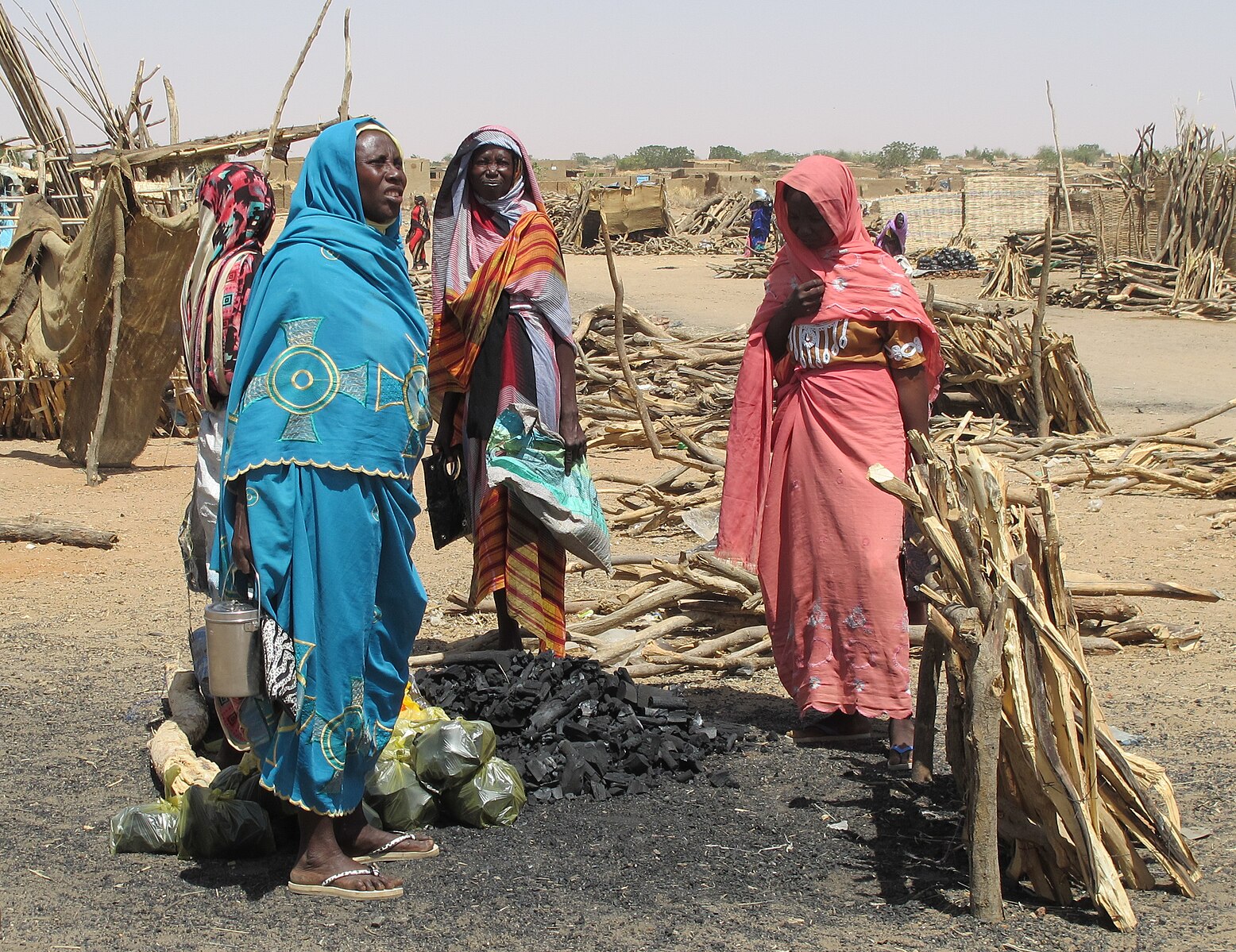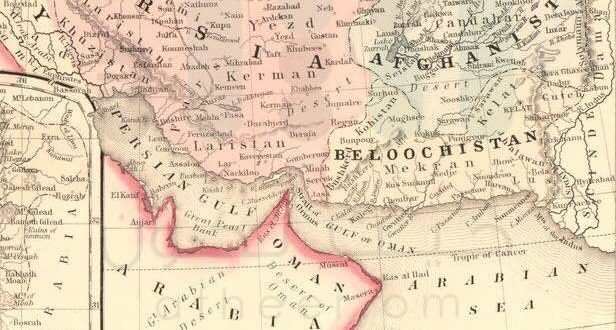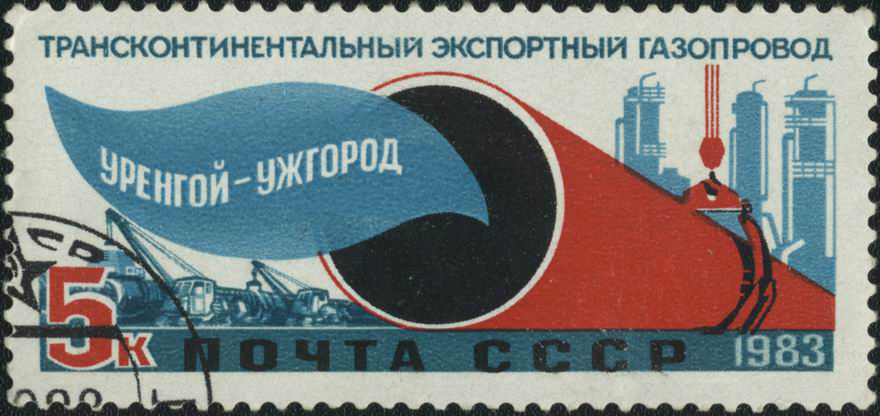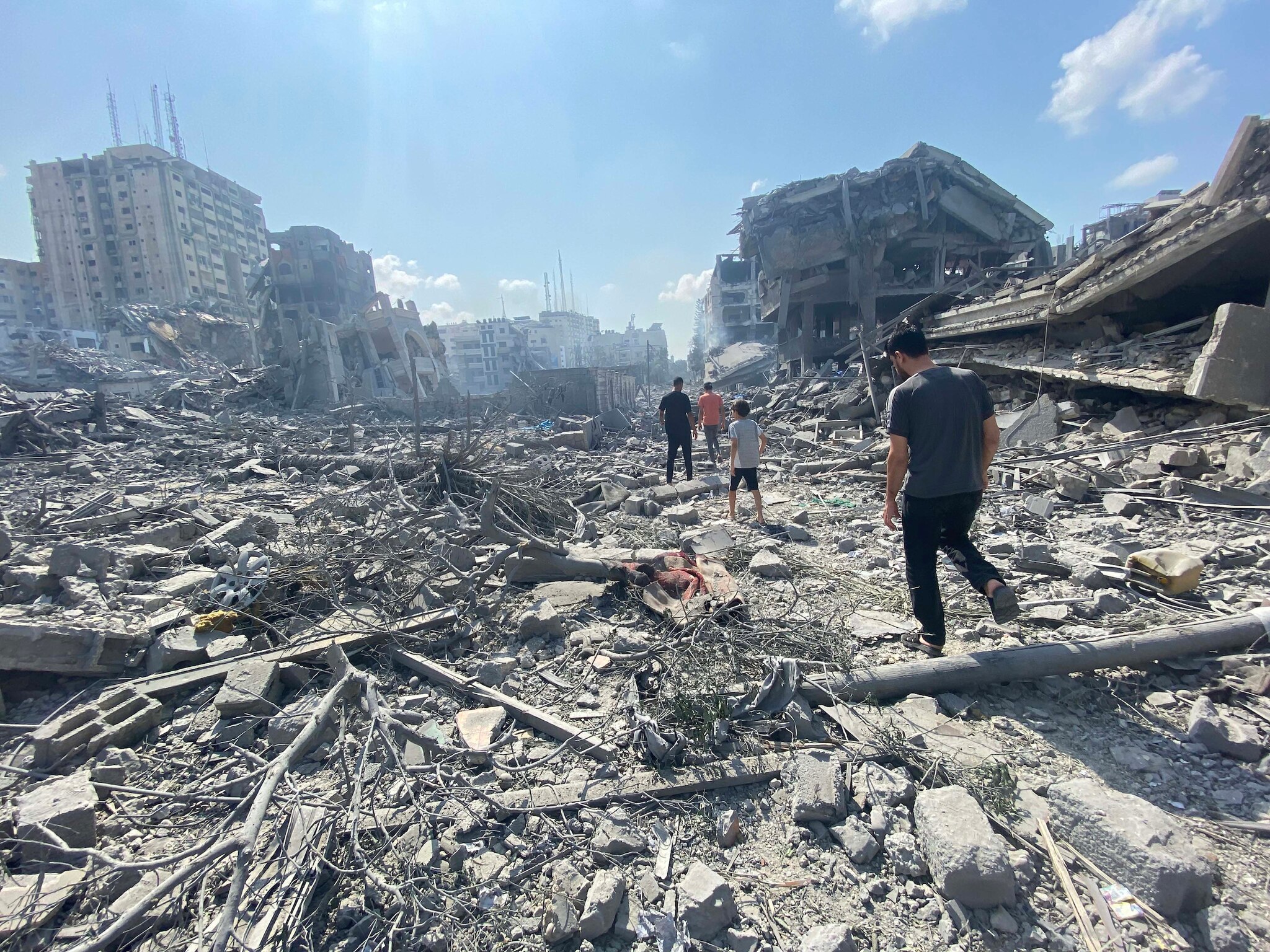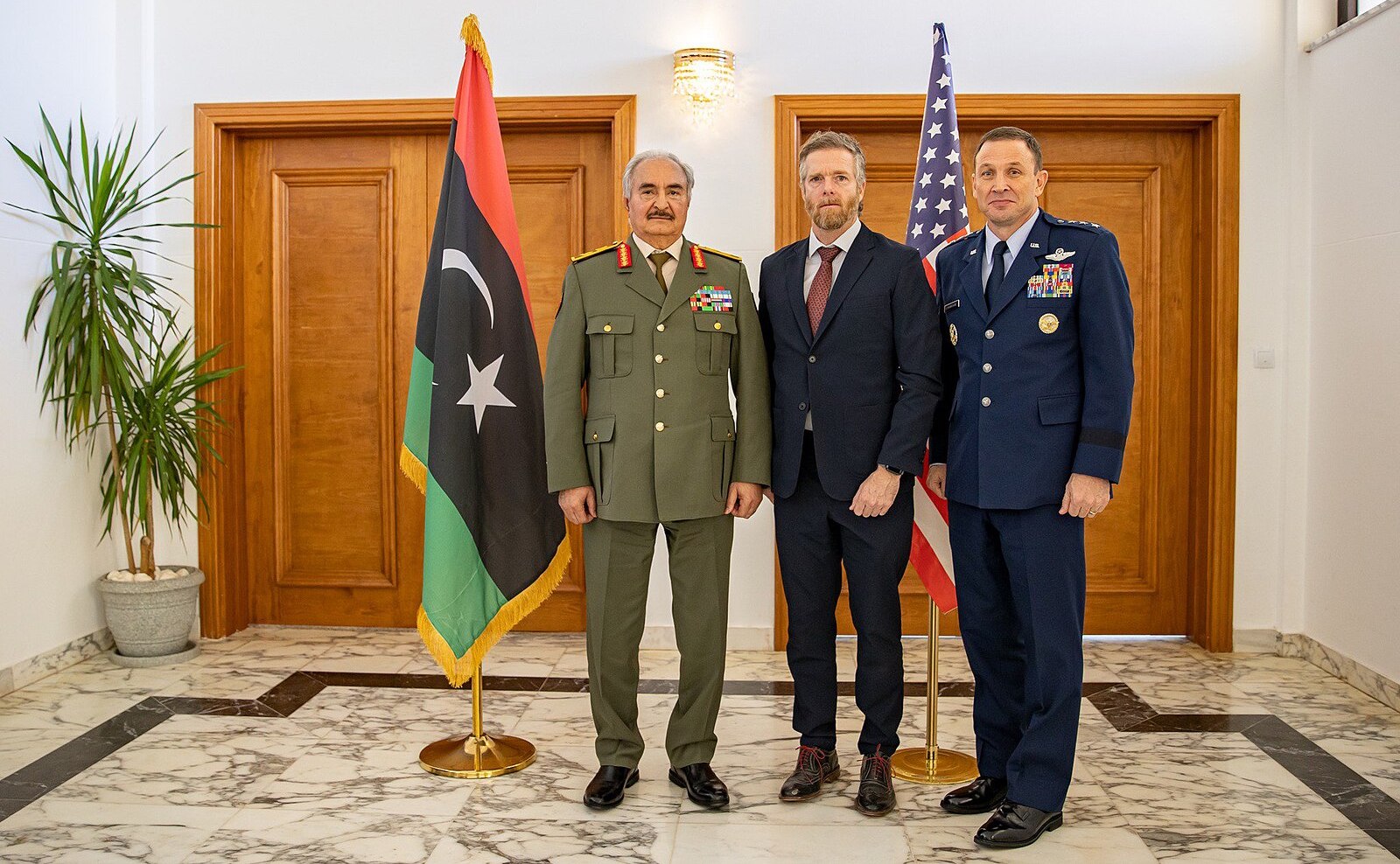
Sudan: US holds RSF responsible for ‘genocide’
US Secretary of State Antony Blinken declared that Sudan’s Rapid Support Forces (RSF) and allied militias have committed genocide during the country’s ongoing civil war. This would mark the second genocide Sudan has seen in less than three decades, following the Darfur genocide of the early 2000s. Blinken’s statement outlined atrocities perpetrated by the RSF, including ethnically targeted massacres of men, boys and infants, as well as widespread sexual violence inflicted upon women and girls. In tandem with the genocide determination, the US imposed sanctions on RSF leader Mohammad Hamdan Daglo Mousa, also known as Hemedti, and seven RSF-linked companies based in the UAE. Hemedti, a former leader of the Janjaweed militia responsible for the Darfur genocide, faces visa restrictions barring him and his immediate family from entering the US. The sanctions also target the RSF’s alleged smuggling of gold to fund operations. (Map: PCL)



